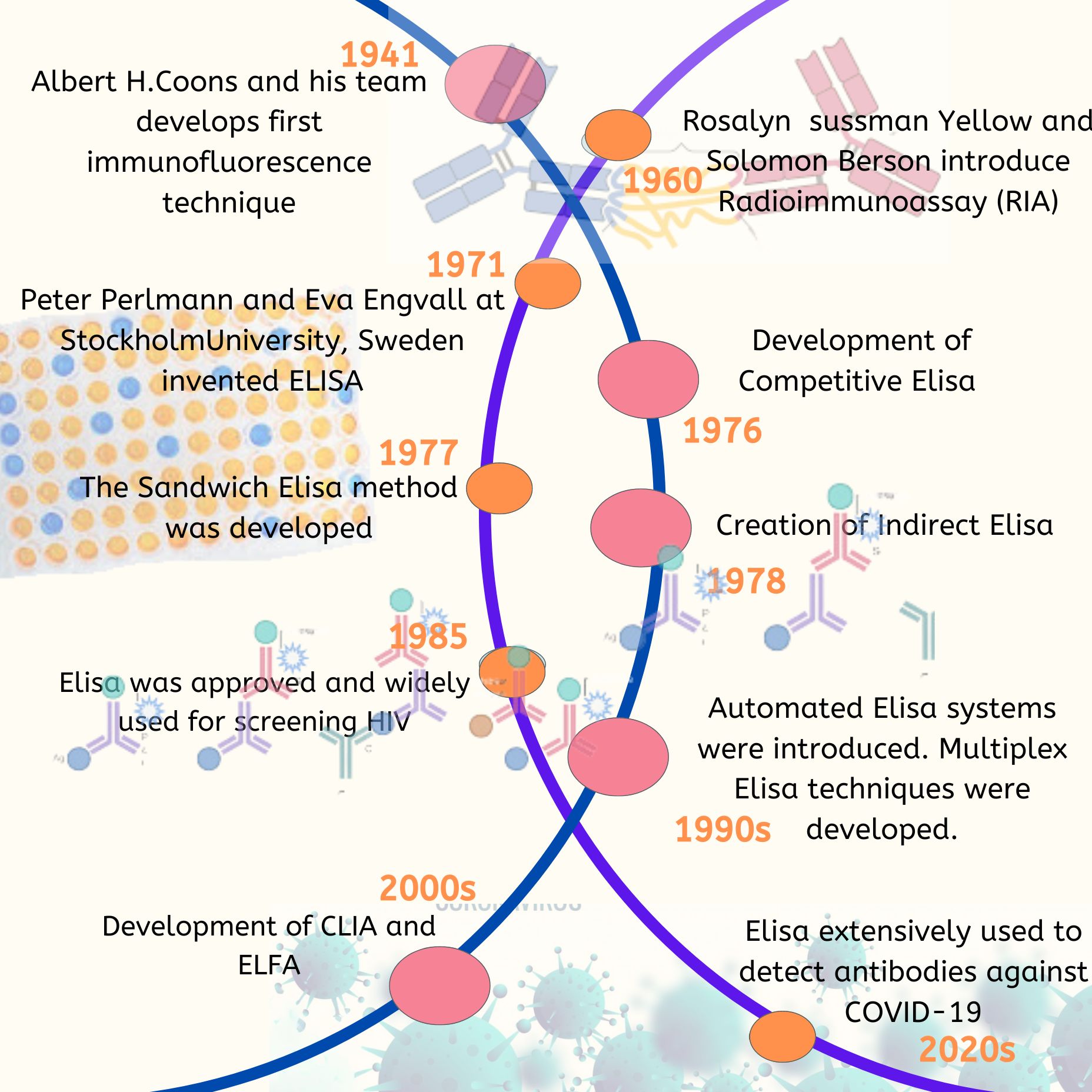This is a movement disorder where the affected individuals experience involuntary muscle jerking or twitching that typically affects the neck, arms and the trunk. This occurs as the result of a neurologic condition when the normal signaling between the brain and the muscle becomes affected causing the involuntary muscle activity. Myoclonus dystonia can start at the young age usually in childhood or early adolescence.
Causes
Myoclonus dystonia occurs as the result of a genetic mutation identified in SGCE gene which produces a protein called epsilon sarcoglycan. This protein is present within the cell membranes of several tissues, the neurons in the brain and the muscle cells. The exact function of this protein is not known but the genetic mutation causes its shortage which appears to affect parts of the brain that are responsible for the coordination of movements. Hence this condition develops as the result of dysfunction in the brain and not associated with problems of the muscles. Myoclonus dystonia is inherited in an autosomal dominant pattern meaning a single altered copy of the gene in each cell is sufficient to cause this condition.
Symptoms
This condition is characterized by the sudden shock-like movements. This typically affects the central parts of the body and rarely the face and the legs can also become involved. The symptoms of this condition can become impacted with drinking alcohol. The involuntary movements can also be triggered by active movements of the affected parts of the body, stress and anxiety. In some cases, the condition can become worse with time while other people can experience a spontaneous improvement of the symptoms. The affected individuals are also at increased risk of developing conditions such as anxiety, panic attacks, depression and obsessive compulsive disorder.
Diagnosis
The diagnosis is based on evaluating the family history of the affected individual, a physical and a neurological examination. The movement disorder can help confirm the diagnosis of dystonia. Various tests may also be performed to rule out other possible causes. Molecular genetic testing can confirm the diagnosis by identifying the mutation responsible for the development of the disease.
Treatment
The treatment is based on the severity of the symptoms. Those experiencing a severe form of the condition may require a combination of medications to control myoclonus which can include antiepileptic medications. The botulinum toxin injections can help temporarily relax the muscle at the site of the injection which may be repeated every three months. When other treatment options fail, deep brain stimulation may be beneficial which blocks the signals causing the symptoms of myoclonus dystonia. In the case of psychological problems, the treatment may consist of antidepressant medications, cognitive behavioral therapy and psychotherapy. Genetic counseling may also be recommended for some of the affected individuals and their family members.
References
https://ghr.nlm.nih.gov/condition/myoclonus-dystonia#inheritance



